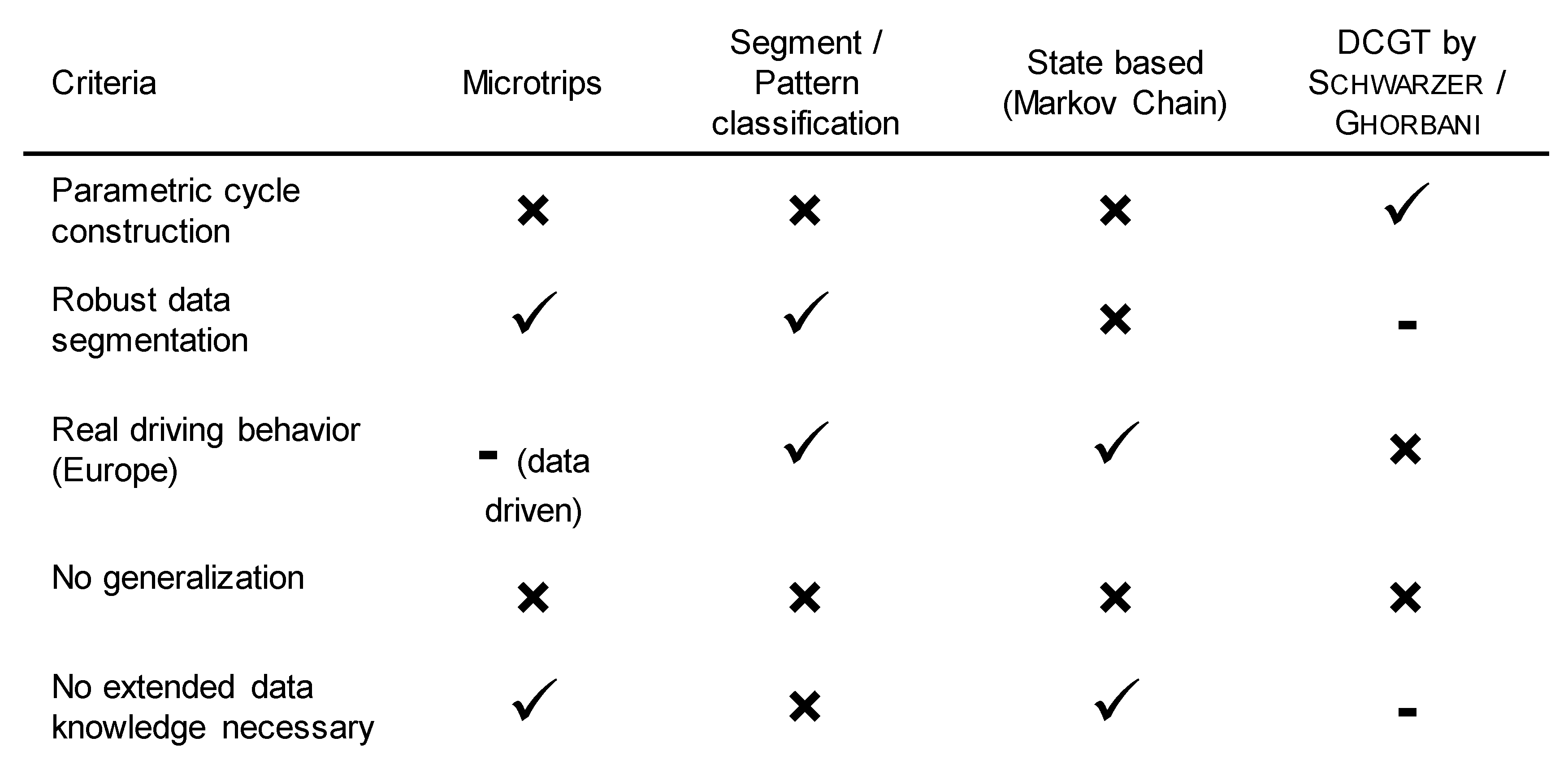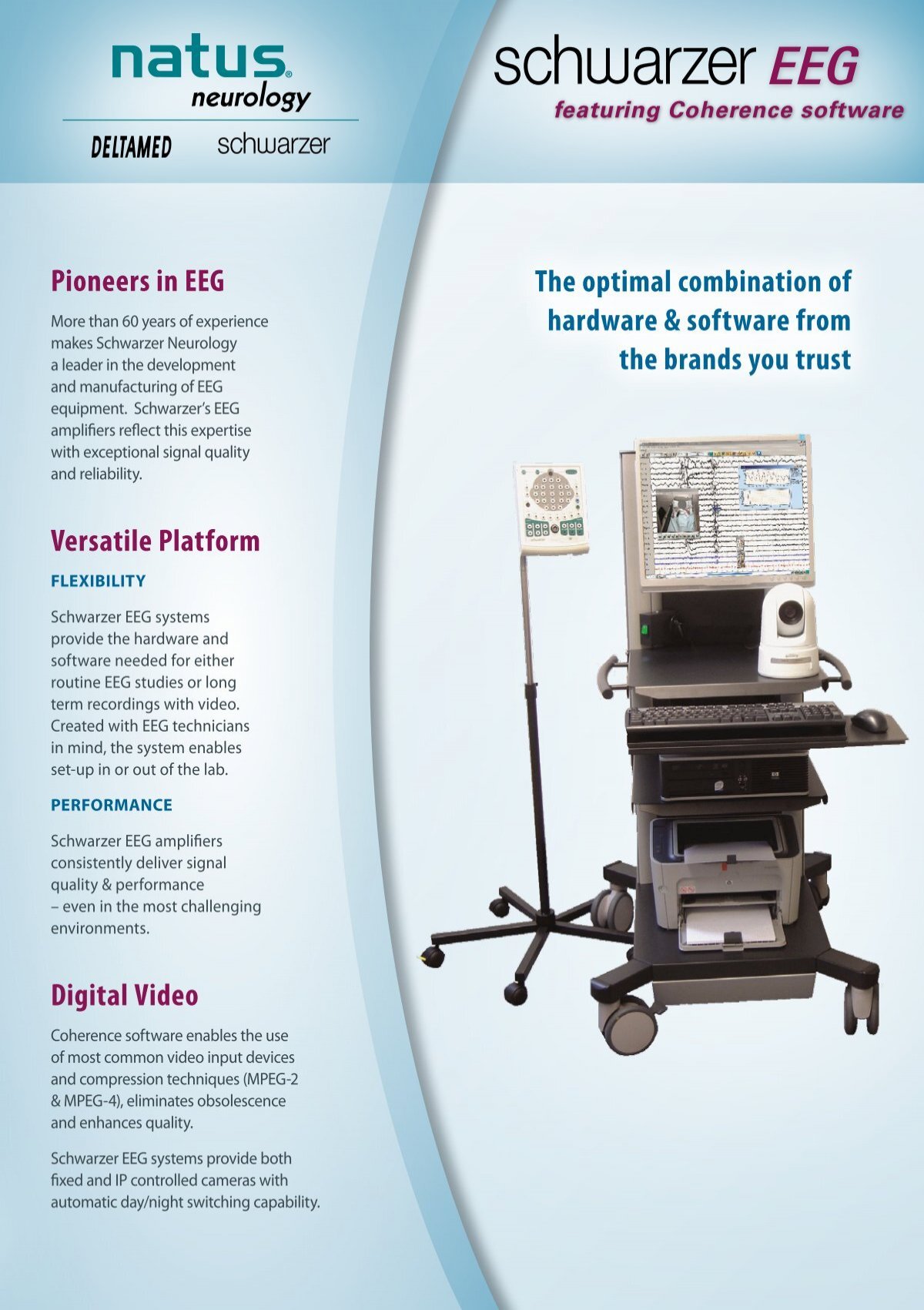Drivers Schwarzer Neurology
THE NEUROLOGY OF DRIVING Driving is a deceptively complex task. To effectively drive an automobile, a number of neurologic systems must be intact. These include higher cognitive functioning, vision, motor control, intact coordination, and an ability to maintain attention. Analysis of the transcriptome, proteome, and phosphoproteome at synapses in the mouse brain during daily sleep-wake cycles reveals large dynamic changes (see the Perspective by Cirelli and Tononi). Found that almost 70% of transcripts showed changes in abundance during daily circadian cycles. Transcripts and proteins associated with synaptic signaling accumulated before the active. Natus Medical Incorporated offers medical equipment, software, supplies and services for the diagnosis, monitoring and treatment of impairments and disorders affecting newborns, the brain, nerves, muscles, balance, mobility and hearing. Natus products are used in hospitals, clinics and laboratories worldwide.
Dr. Schwarze is Board Certified in Nephrology, Internal Medicine, and Critical Care Medicine. He received his degree from Wayne State University School of Medicine in Detroit, where he grew up. He completed his training in Internal Medicine at Wayne State Affiliated Hospital and his training in Nephrology at Baylor Affiliated Hospital, followed by Critical Care Medicine at The Methodist Hospital in Houston Texas.
- Background Genomic structural variants (SVs) can affect many genes and regulatory elements. Therefore, the molecular mechanisms driving the phenotypes of patients carrying de novo SVs are frequently unknown. Methods We applied a combination of systematic experimental and bioinformatic methods to improve the molecular diagnosis of 39 patients with multiple congenital abnormalities and/or.
- This study aimed to examine whether the expectation for physical activity to minimize dementia risk was associated with physical activity level and whether this association was moderated by perceived high value of dementia prevention among older adults.
Dr. Schwarze is currently a Clinical Professor of Internal Medicine at Northeast Ohio Medical University. He is involved with numerous professional organizations, and has several hospital and committee appointments. He is an ICU Committee Member, at Akron General Medical Center, as well as the Medical Director for Dialysis Care Centers Akron. He has been involved in research and has published in various journals.
Hospital Affiliations
Akron Children’s Hospital
Akron General Medical Center
Edwin Shaw Rehab Hospital
Select Specialty Hospital
SUMMA Akron City Hospital
SUMMA Akron City Rehab Hospital
Board Certifications
Board Certified in Nephrology
Board Certified in Critical Care
Board Certified in Internal Medicine
Western Washington Medical Group is not currently offering Neurology care. Please contact your Primary Care Provider or establish care with us today by visiting our Family Practice page or send us a message on our Contact Us page.
Of all the systems in the body, damage to the nervous system can be (arguably) the most devastating. And while the inner workings of the nervous system are complex and involved, neurologists have devoted their lives to understanding it.
What is a neurologist?
A neurologist is a medical doctor that specializes in the study, diagnosis, treatment, and management of injuries, diseases, and disorders of the nervous system. The nervous system includes the brain and spinal cord and is made up of two parts: the central and peripheral nervous system. Illnesses, disorders, and injuries that affect the nervous system often require a neurologist’s treatment.

Training
A neurologist’s training includes an undergraduate degree, four years of medical school, a one-year internship, and at least three years of specialized training. Because the nervous system is so complex, it is common for neurologists to pursue additional education in a subspecialty.
Subspecialties
When a neurologist elects to specialize, they do so by completing a fellowship in that area. Some common specialties include:
- Headache medicine
- Neuromuscular medicine
- Neurocritical care
- Neuro-oncology
- Geriatric neurology
- Autonomic disorders
- Vascular (stroke) care
- Child neurology
- Intervention neuroradiology
- Epilepsy
Role
Neurologists are principal care providers when a patient has a neurologic disorder that requires frequent care. Neurologists commonly assume a consulting role for primary care physicians in the case of stroke, concussion, or headache. Neurologists do not perform surgery, but may refer patients requiring surgery to a neurosurgeon or spine surgeon. In the case of surgery, a neurologist may continue to monitor and supervise treatment.
What conditions do neurologists treat?
Disorders
A neurologist treats disorders of the central and peripheral nervous system, including the brain, spinal cord, cranial nerves, peripheral nerves, nerve roots, autonomic nervous system, neuromuscular junction, and muscles.
Common disorders of the nervous system include:
- Epilepsy: A neurological disorder associated with abnormal electrical activity in the brain, causing recurrent, unprovoked seizures and loss of consciousness.
- Alzheimer’s disease (and other dementias): Progressive mental deterioration that is caused by generalized degeneration of the brain.
- Stroke (and other cerebrovascular diseases): A stroke occurs when a blood vessel is prevented from delivering oxygen and nutrients to the brain, due to a blood clot or rupture.
- Migraine (and other headache disorders): A severe, reoccurring headache often paired with nausea and disturbed vision.
- Multiple Sclerosis: A chronic disease involving damage to nerve cells in the brain and spinal cord characterized by numbness, speech and muscular impairment, blurred vision, and severe fatigue.
- Parkinson’s disease: A progressive disease marked by tremor, muscular rigidity, and slow, imprecise movement. It is associated with degeneration of the basal ganglia of the brain, and dopamine deficiency.
- Brain tumors: A mass of abnormal cells in the brain, leading to impaired cognitive function.
- Brain trauma (and other injuries of the nervous system): Injury to the brain from an outside force, sometimes leading to an altered state of consciousness, and permanent or temporary impairment of cognitive, physical, or psychosocial functions.
- Tourette’s Syndrome (and other disorders of function): A neurological disorder, coupled with involuntary tics and vocalizations, as well as the compulsive exclamation of obscenities.
- Amyotrophic Lateral Sclerosis (ALS, Lou Gehrig’s Disease) A progressive deterioration of the motor neurons of the central nervous system, leading to muscular atrophy and paralysis.
Diseases
A Neurologist will treat diseases that attack the nervous system, such as:
- Infections (bacterial, viral, fungal)
- Cancers (malignant, benign,)
Neurological diseases and disorders are common, and the risk of developing one increases with age. Neurologic disorders, such as injury of the nervous system, are also a common occurrence. Research shows that as many as 60 million people worldwide may suffer a traumatic brain injury each year. It is important to know the signs of neurological diseases and disorders, as they are serious and may be life-threatening when left untreated.
Symptoms
Your primary care physician may refer you to a neurologist if you are experiencing one or more of the following symptoms:
- Headaches
- Chronic pain
- Dizziness
- Numbness or tingling
- Weakness
- Movement problems
- Seizures or loss of consciousness
- Vision problems
- Memory problems or confusion
- Sleep problems
- Speech or language difficulties
People who are having problems with their senses such as vision, smell, or touch, may also be referred to a Neurologist, as sensory dysfunction is sometimes caused by disorders of the nervous system.
Procedures
If your primary care physician refers you to a Neurologist, here’s what you can expect. During your first appointment, a Neurologist will likely ask you to participate in a physical exam and neurological exam. Neurological exams are tests that measure muscle strength, sensation, reflexes, and coordination. Because of the complexity of the nervous system, you may be asked to undergo further testing.
Neurological testing
Common types of neurological testing include:
- Lumbar puncture: A neurologist will only recommend this if they believe that the cause of your symptoms may be detected in your spinal fluid. In this procedure, the area is numbed and sterilized. A needle is then inserted into the lower spine to withdraw a sample of spinal fluid.

- Electroencephalogram (EEG): Electrodes are applied to the scalp to measure the electrical activity in the brain.
- Electromyography and nerve conduction studies (EMG/NCS): Electrodes are used on the skin and extremely fine needles are placed in the muscle to measure the function of nerves and muscles.

Drivers Schwarzer Neurology Rochester
Other common testing includes CT, MRI, and PET scanning. Other diagnostic procedures include sleep studies and angiography (identifying blockages in blood vessels).
Drivers Schwarzer Neurology Associates
If you or a loved one experiences symptoms of a neurological disorder, schedule an appointment with your primary care physician and ask about making an appointment with a neurologist at WWMG.
